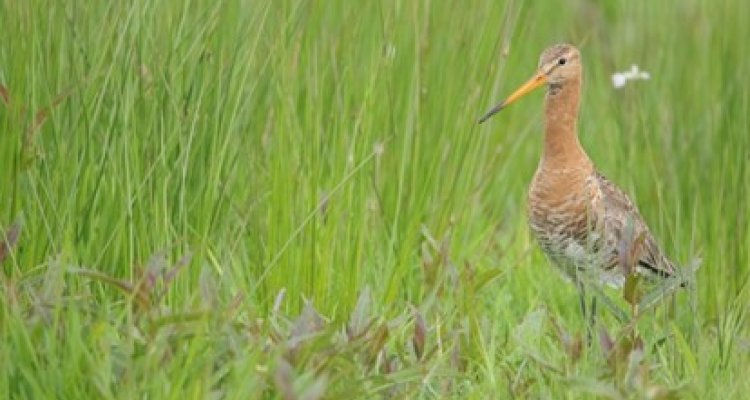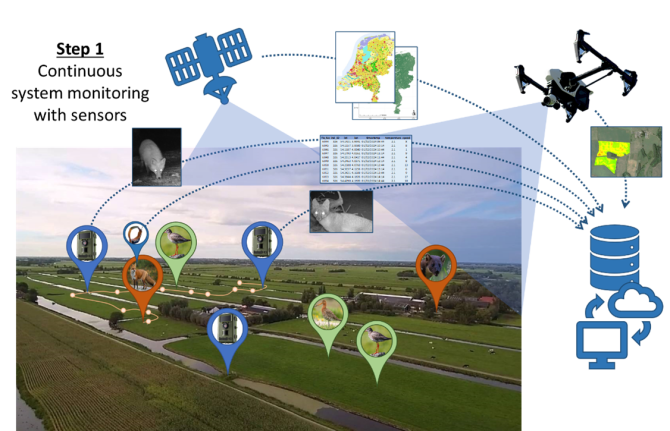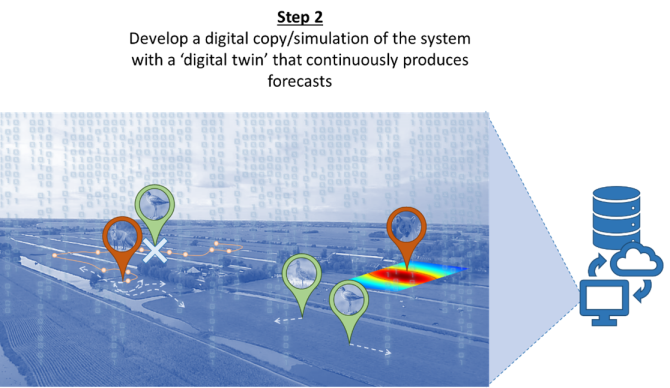
Project
Farmers, Citizens, and Free-range animals
The number of meadow birds in the Netherlands continues to decline, despite years of efforts to protect them. To reduce the effect of predation pressure on meadow birds, the focus is currently mainly on predator control. However, more attention is needed on the effect of landscape management.
Objectives
The number of meadow birds in the Netherlands continues to decline, despite years of efforts to protect them. Due to the current small meadow bird population, the focus is on predation pressure, which depends on:
- Number of predators and potential prey in the breeding season
- Site management and space use of all species throughout the year
To reduce the effect of predation pressure on meadow birds, the focus is currently mainly on predator control. However, more attention is needed on the effect of landscape management. This can be done by integral year-round management monitoring in combination with continuous data on the occurrence and behaviour of animals in the field, the quality of the habitat and management.
Methods
The monitoring data that is already collected is fragmented across different databases. Within this project, in collaboration with (national and international) managers and experts, work is being done to develop a prototype information system (i.e. Digital Twin) that integrates the available data streams from multiple sources and makes them applicable for managers.


(Expected) results
This project will deliver a prototype information system (Digital Twin) that integrates available data streams from multiple sources and makes them applicable for managers to inform biotope and population management choices in species protection in meadow bird areas in collaboration with end-users, managers, data collectors and system developers.
Publications
Publications de Koning, K., Broekhuijsen, J., Kühn, I., Ovaskainen, O., Taubert, F., Endresen, D., ... & Grimm, V. (2023). Digital twins: dynamic model-data fusion for ecology. Trends in Ecology & Evolution. https://doi.org/10.1016/j.tree.2023.04.010